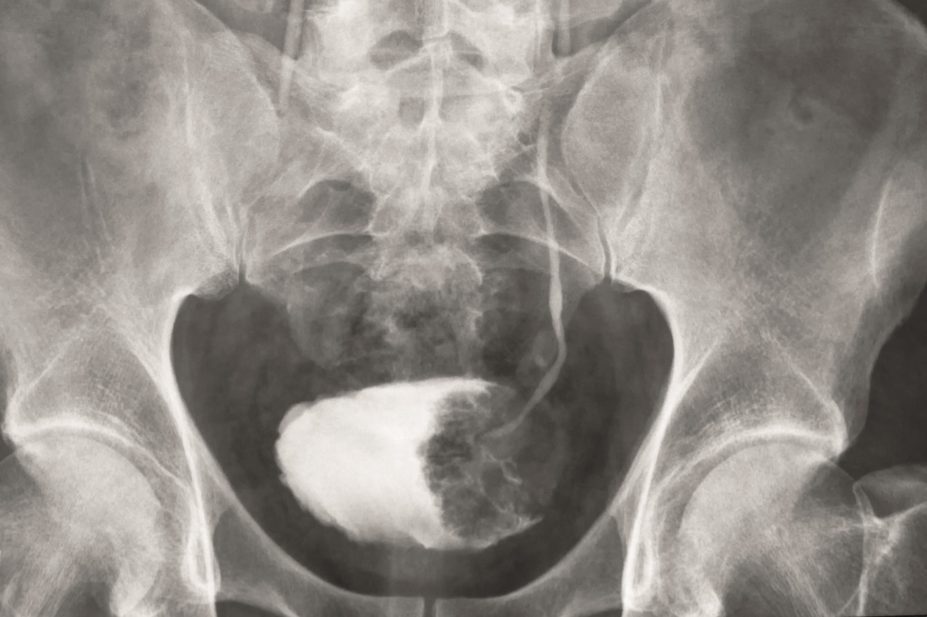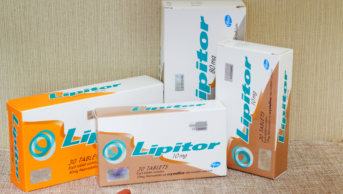
Shutterstock
Use of the antidiabetic drug pioglitazone is associated with an increased risk of bladder cancer, according to new research published in the BMJ.
Over a mean follow-up of 4.7 years, patients who received pioglitazone were 63% more likely to develop bladder cancer than diabetic patients who received no thiazolidinediones. But the use of a similar drug in this class, rosiglitazone, was not associated with the risk of bladder cancer.
“Given their similarities, it is unlikely that confounding by indication or detection bias can explain the association observed with pioglitazone,” write the researchers, led by Marco Tuccori at McGill University, Montreal.
The risk of bladder cancer increased with both the dose and duration of pioglitazone treatment. However, the overall risk of the disease was low: a total of 622 diagnoses were detected with an incidence rate of 88.9 versus 121.0 per 100,000 patient years in unexposed versus pioglitazone-treated patients.
The research[1]
, which used data from a UK general practice database, included 145,806 people receiving antidiabetic drugs for the first time between 2000 (the year that pioglitazone and rosiglitazone entered the UK market) and 2013.
An association between pioglitazone and bladder cancer was first detected in 2005, but not all observational studies have replicated the finding. After carrying out a safety review in 2011, the European Medicines Agency cautioned doctors against prescribing the drug to patients at risk of bladder cancer.
In an accompanying editorial[2]
, Victor Montori from the Mayo Clinic describes the evidence linking the drug to bladder cancer as “substantial and fairly consistent”.
References
[1] Tuccori M, Filion KB, Yin H et al. Pioglitazone use and risk of bladder cancer: population based cohort study. BMJ 2016;352:i1541. doi: 10.1136/bmj.i1541
[2] Montori VM. Selecting the right drug treatment for adults with type 2 diabetes. BMJ 2016;352:i1663. doi: 10.1136/bmj.i1663


